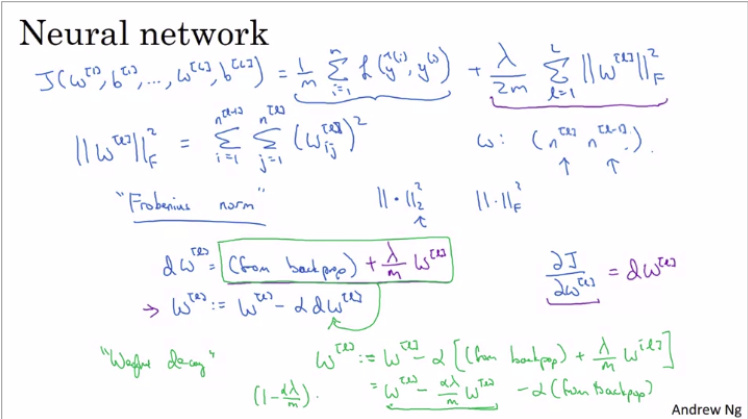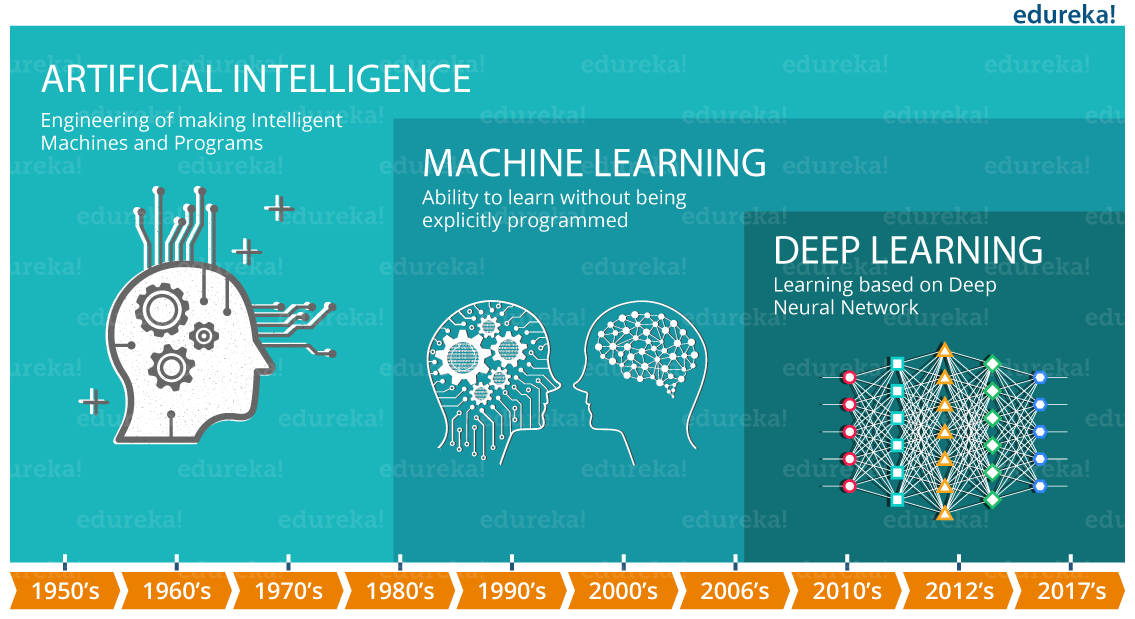
This article will help you learn more about careers in ai-in technology. It includes information about the job outlook, education requirements and career options. Read on to learn more about this promising career! Don't forget about our Career resources for more information on how to get started. We have listed the best websites and resources for all the information you will need. Here are some important things to keep in your mind.
Technology careers in ai
Consider a career in artificial intelligence if you are interested in the rapidly expanding field of artificial Intelligence. Although a bachelor's in computer science is a requirement, most companies prefer candidates with experience and certifications. Machine learning engineers are often required to have experience in applied research and data science. You can improve your chances of landing a job as a machine learning engineer by completing an internship or apprenticeship program. In addition, you can pursue certifications in the field to enhance your resume.
While AI has many benefits for the corporate world, it can have negative impacts for certain industries. AI-enabled automation in the financial industry could, for instance, put out traditional loan managers. Business leaders should play an important role in AI adoption. They need to present the vision of AI to executives and promote collaboration among teams. Successful AI technology development and maintenance requires both business and technical professionals.

Employment outlook
As machine learning and artificial intelligence become more important in organizations, there will be an increase in the demand for people to create, maintain, and interpret data. The job outlook for AI specialists is bright with over 15 percent expected growth between 2019 and 2029. According to the Bureau of Labor Statistics in 2020, the median annual income for AI engineers and specialists will be $1268,830. These professionals can expect more in the future as AI becomes more popular.
People with AI skills should be aware that entry-level positions usually require prior experience. It is possible to get this experience through internships and apprenticeships. Further, you may be able to obtain certifications that can improve your job prospects. These jobs require strong technical aptitude and knowledge in computer science. Computer science backgrounds are preferred. To increase their chances of getting hired, people with an interest cybersecurity should take a course or obtain certifications.
Education requirements
For work in artificial intellect, you will need a bachelor's level degree in a relevant field. You may need a master's in order to work in advanced positions. Many jobs require critical thinking, collaboration and analytical skills. As a successful AI engineer, you must be good with numbers and be comfortable working with key stakeholders. Below are some of the education requirements for AI in technology jobs. Additionally to a bachelor’s degree, you will need experience with different types of technology.
If you have experience in programming, a master's degree is helpful. Employers are more likely to hire applicants who have a masters degree in computerscience. A postgraduate degree in computer science can give you a fresh view on AI. Another option is to use previous programming experience and a strong portfolio. An advanced degree will help you to establish a network. Some organizations also offer AI bootcamps for students who are interested in developing AI systems.

There are many career opportunities
You should enroll in an AI bootcamp if you're interested in a career as an AI specialist. This training provides basic knowledge and helps to develop programming skills. Most employers prefer applicants who have at least a master's level in computer science. However, a postgraduate degree can provide an excellent framework for your career in AI. Or, you could earn a degree by combining work experience with a strong portfolio.
As a data scientist, you would gather data and interpret it into reports. As a data scientist, you would develop statistical models for optimizing data analysis, work with software developers and clients to communicate results to diverse audiences. AI could also be used to streamline data processes. A big data engineer would be a similar job. Big data engineers are responsible for large amounts of raw data, translating them to other languages, and evaluating their origins. UX designer could also be a job, as well as AI in technology. However, AI skills will not be required to get the job but will increase your chances at landing it.
FAQ
How does AI work
An algorithm is a set or instructions that tells the computer how to solve a particular problem. An algorithm is a set of steps. Each step has a condition that determines when it should execute. The computer executes each step sequentially until all conditions meet. This is repeated until the final result can be achieved.
Let's suppose, for example that you want to find the square roots of 5. You could write down every single number between 1 and 10, calculate the square root for each one, and then take the average. That's not really practical, though, so instead, you could write down the following formula:
sqrt(x) x^0.5
This is how to square the input, then divide it by 2 and multiply by 0.5.
The same principle is followed by a computer. It takes your input, squares and multiplies by 2 to get 0.5. Finally, it outputs the answer.
What is the future of AI?
Artificial intelligence (AI) is not about creating machines that are more intelligent than we, but rather learning from our mistakes and improving over time.
This means that machines need to learn how to learn.
This would require algorithms that can be used to teach each other via example.
It is also possible to create our own learning algorithms.
You must ensure they can adapt to any situation.
What are the benefits to AI?
Artificial Intelligence, a rapidly developing technology, could transform the way we live our lives. It is revolutionizing healthcare, finance, and other industries. And it's predicted to have profound effects on everything from education to government services by 2025.
AI is already being used to solve problems in areas such as medicine, transportation, energy, security, and manufacturing. The possibilities of AI are limitless as new applications become available.
What makes it unique? First, it learns. Computers can learn, and they don't need any training. Instead of being taught, they just observe patterns in the world then apply them when required.
This ability to learn quickly is what sets AI apart from other software. Computers can read millions of pages of text every second. They can recognize faces and translate languages quickly.
It can also complete tasks faster than humans because it doesn't require human intervention. In fact, it can even outperform us in certain situations.
Researchers created the chatbot Eugene Goostman in 2017. It fooled many people into believing it was Vladimir Putin.
This shows how AI can be persuasive. AI's adaptability is another advantage. It can be easily trained to perform new tasks efficiently and effectively.
Businesses don't need to spend large amounts on expensive IT infrastructure, or hire large numbers employees.
What are some examples AI apps?
AI can be applied in many areas such as finance, healthcare manufacturing, transportation, energy and education. Here are just a few examples:
-
Finance - AI already helps banks detect fraud. AI can detect suspicious activity in millions of transactions each day by scanning them.
-
Healthcare - AI can be used to spot cancerous cells and diagnose diseases.
-
Manufacturing - AI in factories is used to increase efficiency, and decrease costs.
-
Transportation - Self-driving cars have been tested successfully in California. They are being tested across the globe.
-
Utilities can use AI to monitor electricity usage patterns.
-
Education - AI has been used for educational purposes. Students can communicate with robots through their smartphones, for instance.
-
Government – Artificial intelligence is being used within the government to track terrorists and criminals.
-
Law Enforcement – AI is being used in police investigations. Detectives can search databases containing thousands of hours of CCTV footage.
-
Defense – AI can be used both offensively as well as defensively. In order to hack into enemy computer systems, AI systems could be used offensively. Protect military bases from cyber attacks with AI.
Who invented AI and why?
Alan Turing
Turing was first born in 1912. His father was a priest and his mother was an RN. At school, he excelled at mathematics but became depressed after being rejected by Cambridge University. He took up chess and won several tournaments. He returned to Britain in 1945 and worked at Bletchley Park's secret code-breaking centre Bletchley Park. Here he discovered German codes.
He died on April 5, 1954.
John McCarthy
McCarthy was born in 1928. He studied maths at Princeton University before joining MIT. The LISP programming language was developed there. In 1957, he had established the foundations of modern AI.
He died in 2011.
Statistics
- The company's AI team trained an image recognition model to 85 percent accuracy using billions of public Instagram photos tagged with hashtags. (builtin.com)
- In 2019, AI adoption among large companies increased by 47% compared to 2018, according to the latest Artificial IntelligenceIndex report. (marsner.com)
- That's as many of us that have been in that AI space would say, it's about 70 or 80 percent of the work. (finra.org)
- A 2021 Pew Research survey revealed that 37 percent of respondents who are more concerned than excited about AI had concerns including job loss, privacy, and AI's potential to “surpass human skills.” (builtin.com)
- While all of it is still what seems like a far way off, the future of this technology presents a Catch-22, able to solve the world's problems and likely to power all the A.I. systems on earth, but also incredibly dangerous in the wrong hands. (forbes.com)
External Links
How To
How to Set Up Amazon Echo Dot
Amazon Echo Dot (small device) connects with your Wi-Fi network. You can use voice commands to control smart devices such as fans, thermostats, lights, and thermostats. To listen to music, news and sports scores, all you have to do is say "Alexa". Ask questions, send messages, make calls, place calls, add events to your calendar, play games and read the news. You can also get driving directions, order food from restaurants or check traffic conditions. You can use it with any Bluetooth speaker (sold separately), to listen to music anywhere in your home without the need for wires.
Your Alexa-enabled devices can be connected to your TV with a HDMI cable or wireless connector. For multiple TVs, you can purchase one wireless adapter for your Echo Dot. Multiple Echoes can be paired together at the same time, so they will work together even though they aren’t physically close to each other.
These steps will help you set up your Echo Dot.
-
Turn off the Echo Dot
-
Connect your Echo Dot via its Ethernet port to your Wi Fi router. Make sure you turn off the power button.
-
Open Alexa for Android or iOS on your phone.
-
Select Echo Dot among the devices.
-
Select Add New Device.
-
Select Echo Dot from among the options that appear in the drop-down menu.
-
Follow the instructions.
-
When prompted, enter the name you want to give to your Echo Dot.
-
Tap Allow access.
-
Wait until Echo Dot connects successfully to your Wi Fi.
-
Repeat this process for all Echo Dots you plan to use.
-
Enjoy hands-free convenience